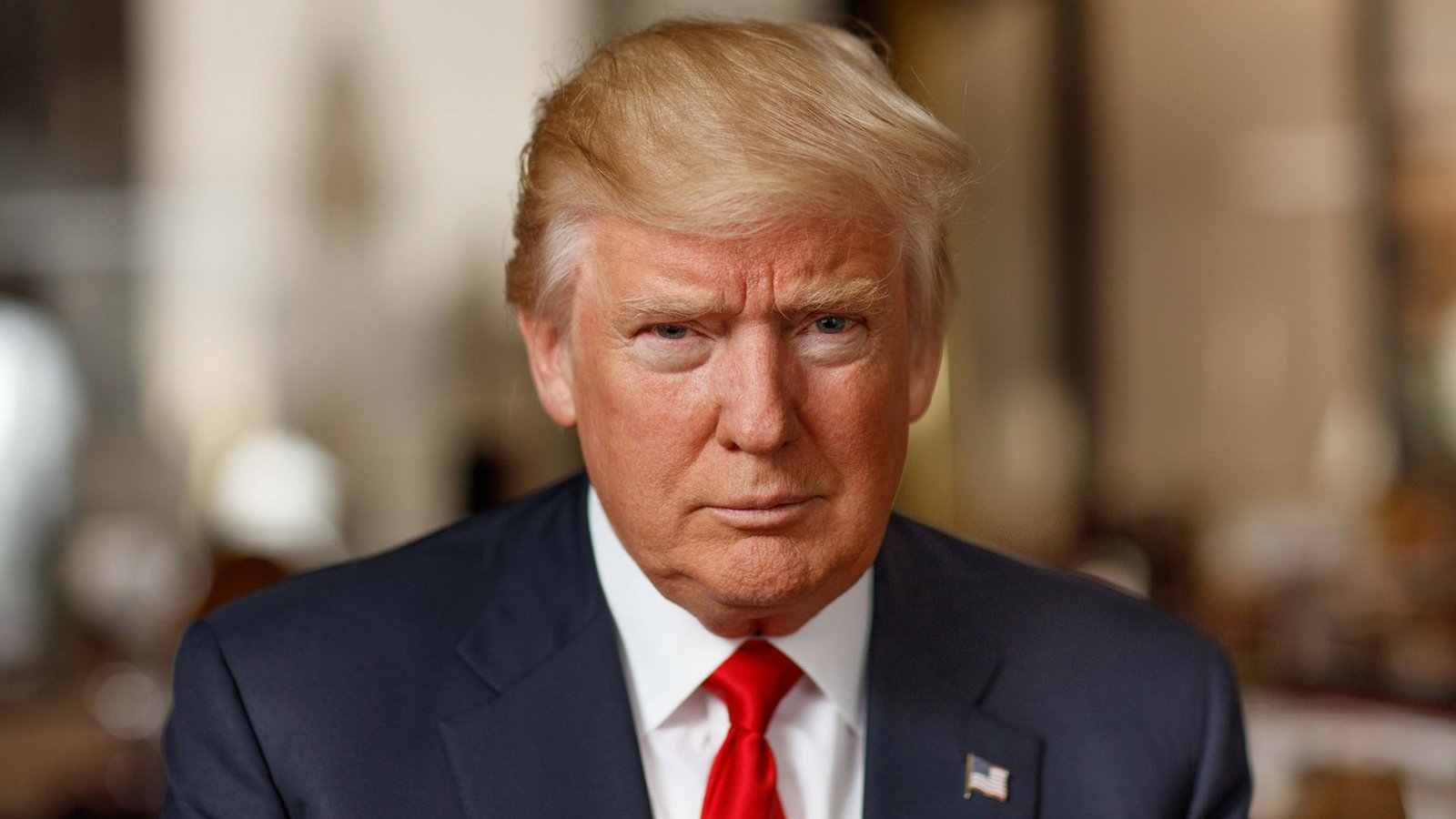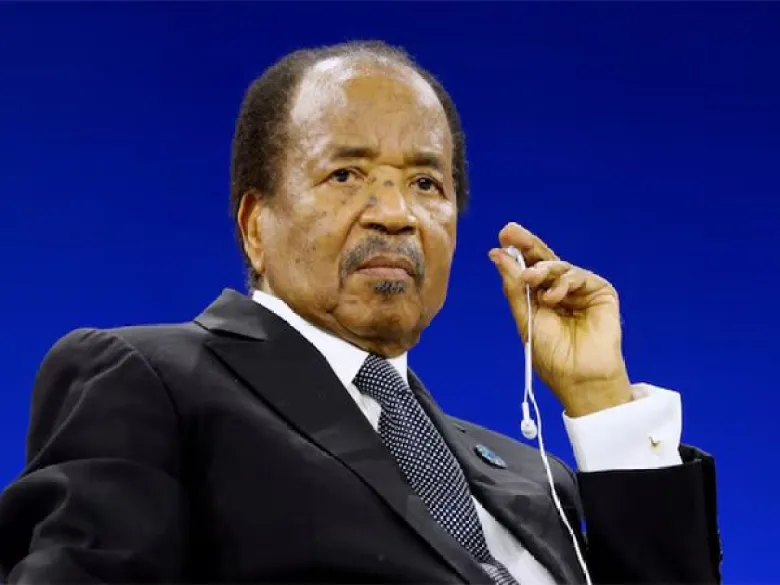Post Views: 64
Washington: Donald Trump’s political journey, from his rise to his eventual electoral defeat, is marked by several key phases:
Rise
**1. Early Life and Business Career:
- Born in 1946 in Queens, New York, Trump was the son of real estate developer Fred Trump.
- After graduating from the Wharton School at the University of Pennsylvania in 1968, he joined his father’s business.
- Trump expanded the business, focusing on large-scale projects in Manhattan, eventually building a brand around luxury and opulence with properties like Trump Tower.
**2. Media and Celebrity:
- Trump’s media presence grew through his authorship of books like “The Art of the Deal” and his role as the host of the reality TV show “The Apprentice,” which aired from 2004 to 2015. This bolstered his public image and recognition.
**3. Political Ambitions:
- Trump had flirted with political ambitions for years, considering runs for president in 1988, 2000, 2004, and 2012. However, he officially entered politics in 2015, announcing his candidacy for the 2016 presidential election.
**4. 2016 Presidential Campaign:
- Running as a Republican, Trump focused on themes of economic nationalism, immigration control, and a promise to “Make America Great Again.”
- He defeated 16 other Republican contenders in the primaries and then went on to win the general election against Democratic candidate Hillary Clinton, despite losing the popular vote.
**5. Presidency (2017-2021):

- Trump’s presidency was characterized by significant policy changes, including tax cuts, deregulation, and a focus on conservative judicial appointments.
- His administration faced numerous controversies, including the investigation into Russian interference in the 2016 election, impeachment proceedings related to Ukraine, and frequent clashes with the media.
- His foreign policy was marked by a mix of aggressive stances and attempts at unconventional diplomacy, such as with North Korea.
Fall
**1. COVID-19 Pandemic:
- The COVID-19 pandemic posed a significant challenge to Trump’s presidency. Critics pointed to his handling of the crisis as a major factor in his electoral defeat.
- The economic fallout and the public health crisis shifted voter priorities and perceptions.
**2. 2020 Presidential Election:
- Trump ran for re-election in 2020 against Democratic candidate Joe Biden. The election saw record voter turnout, partly due to expanded mail-in voting amid the pandemic.
- Biden won both the popular vote and the Electoral College, leading to claims from Trump and his supporters of widespread voter fraud, which were not substantiated by evidence or the courts.
**3. Post-Election Controversy:
- Trump’s refusal to concede and his efforts to overturn the election results culminated in the storming of the U.S. Capitol by his supporters on January 6, 2021. This event led to his second impeachment, making him the first U.S. president to be impeached twice.
- Trump left office on January 20, 2021, but continued to be a prominent figure in American politics.
Legacy
- Trump’s presidency and subsequent actions have left a lasting impact on American politics, shaping the Republican Party and its base. His influence remains significant, with many of his supporters continuing to play active roles in political discourse and elections.
- The legal and financial investigations into his business practices and post-presidential actions continue to unfold, further shaping his legacy.
Trump’s political career reflects a deeply polarized America, with strong supporters and equally strong critics, making him one of the most controversial and impactful figures in recent American history.





